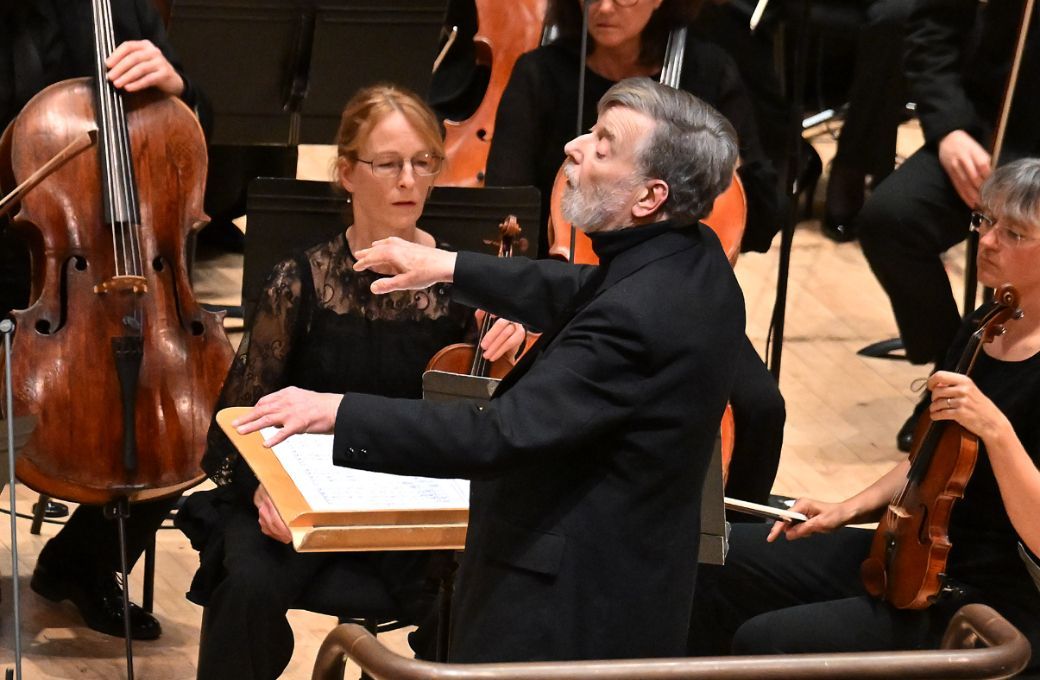Sir Andrew Davis and the BBC Symphony Orchestra delivered an all-Tippett evening to die for at the Barbican. Two of his most popular early works showcased the composer at his most approachable. Gripes from performers and critics alike about the composer's technique and humanitarian expression seemed irrelevant when faced with such fiercely impressive performances, whose persuasive qualities could convince anyone that the world was out of step with Tippett, rather than the other way round.

The Concerto for Double String Orchestra, written at the end of the 1930s, sees the composer emerging from a long and difficult apprenticeship fully formed. Echoes of earlier influences, most notably Hindemith, can be heard, but essentially this is mature Tippett; melodic fecundity, dancing rhythmic complexity and harmonic subtlety are all on show in this joyous work.
The opening Allergo con brio was taken at a steady pace allowing the ingenious polyphony and finely judged textures to be fully appreciated. The BBCSO strings had the ideal balance of rich homogeneity and lithe rhythmic clarity for this music and these qualities shone through the whole performance. The wondrous tune in the slow movement was presented with the necessary passion and the energetic finale was exhilarating. Its final passage, drawing several themes together into a ecstatic outpouring, sounded upliftingly inevitable.
A Child of Our Time is a work that speaks across generations about the suffering of the oppressed and the ever-present need for tolerance. Its narrative flow is unconventional, except in that it follows Bach’s example in his Passions of interspersing the score with familiar chorales, in Tippett’s case five exquisitely arranged African-American Spirituals. The emotional impact and dramatic relevance of these defies description.
Davis is a past master of conducting Tippett. His interpretation here was totally assured and passionate, effortlessly integrating the diverse elements in the score and expertly balancing his large forces. He was helped by a very fine quartet of soloists, each fully engaged with the dramatic flow of the work. Notable moments were delivered by the creamy voiced Pumeza Matshikiza as the mother, melting into two of the spirituals with devastatingly moving effect. Joshua Stewart’s heroic and impassioned approach to the part of the boy was fully convincing and committed. Dame Sarah Connolly and Ashley Riches delivered their narrative roles with dignity and power. To crown everything, the BBC Symphony Chorus were clearly in love with this fabulous score and gave one of the best performances by an amateur choir I have heard for a long time.
The vocalise of the four soloists near the end of the piece felt like the peroration Tippett had laboured long and hard for it to be. The final spritual, Deep River, delivered here with directness and passion, seemed to have significance way beyond its beauteous notes. Some 25 years after the composer's death, one hopes there be will be a complete re-evaluation of the whole of Tippet’s brilliant body of work, represented triumphantly in this concert by two of his most popular pieces.


